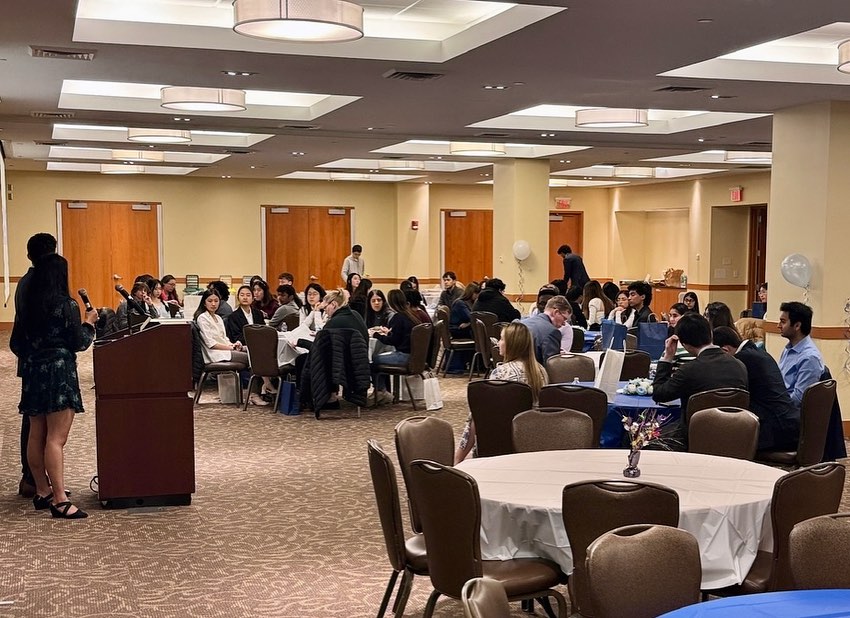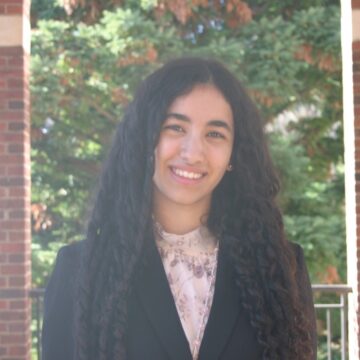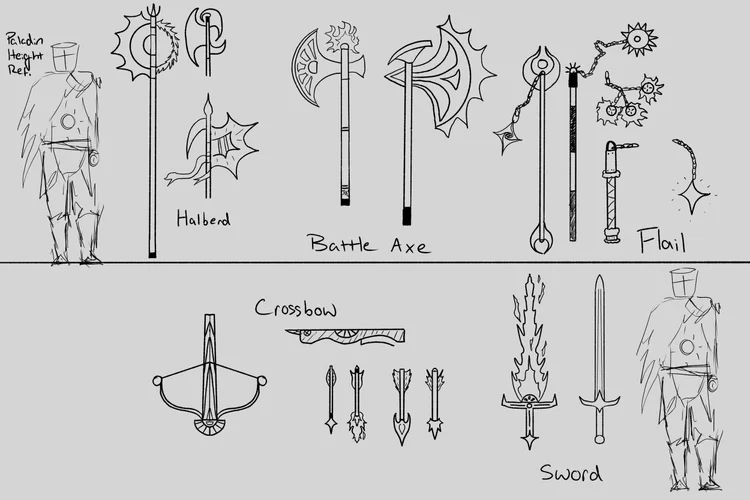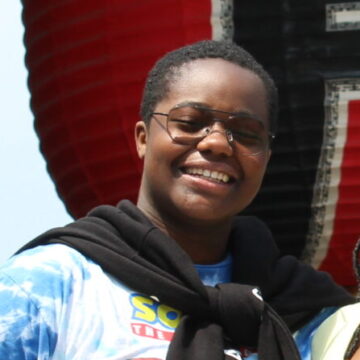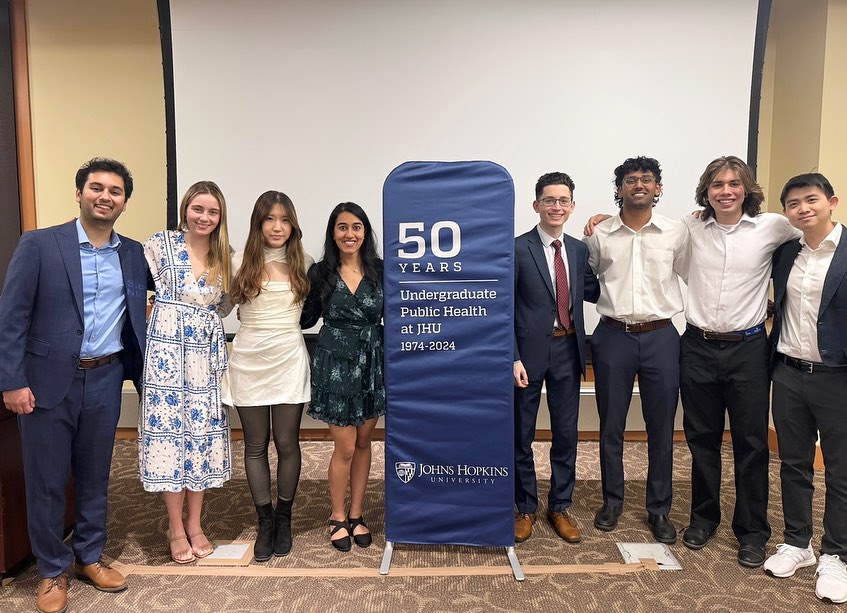
One of the best parts about university has been learning about different majors and fields of interest. Thankfully, this exploration can be done easily at Hopkins—just follow your friends. This is how I found myself at the launch party for the spring 2024 volume of “Epidemic Proportions,” the Hopkins student-led undergraduate public health journal. My friend was speaking at the event, and I wanted to learn more about my peers’ research in public health. At the end, I left with a memorable piece of advice.
The twenty-fifth anniversary volume of “Epidemic Proportions” sought to connect the historical legacies of public health and the modern experience of the discipline, which is why it was titled “Historical Horizons.” The journal is composed of multiple sections: research, policy, editorials, and features. At the party, one contributor from each section presented their piece, taking the audience on a journey from Baltimore to New Orleans and Thailand.
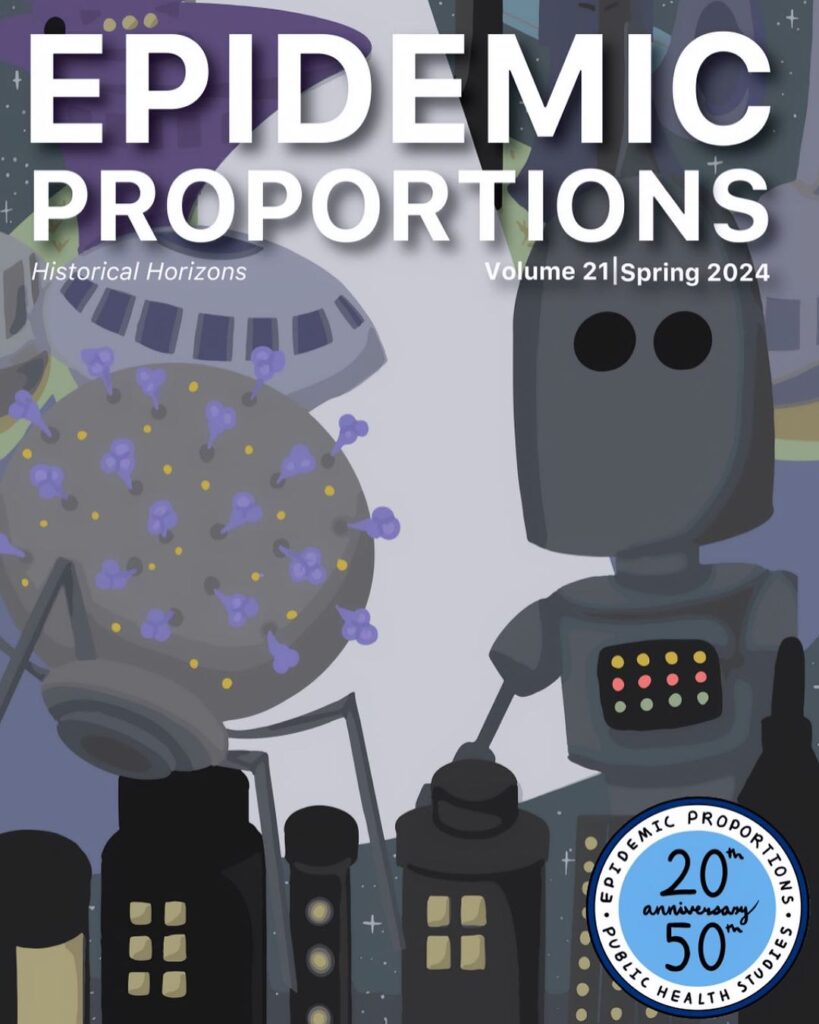
The discussion on stage was familiar to me as an international studies student despite this being outside my major. At Hopkins, we’re really all asking very similar questions about the world. For example, Timothy H. spoke about his research into possible causes of antibiotic overprescription among Asian immigrant communities. I was intrigued by how interdisciplinary his research was and how it overlapped significantly with sociology. One of his explanations for the phenomena was the fundamental cultural difference in how Asian immigrants viewed the doctor-patient relationship.
By listening to the presentations, I discovered new insights into the possible future of the healthcare industry. Through Hyeongmin C. piece about telemedicine, I learned about the rapid advancement of remote patient consultation. This flipped my understanding of the patient experience. I initially thought the idea of telemedicine was crazy—I mean imagine going to the doctor over Zoom! However, I found the advantages of telemedicine compelling, such as improving access to healthcare. I think this is a great example of how applicable public health is to our lives. I realized the advancements in the field have the possibility to radically change the way everyday people engage with the healthcare system.
I was also moved by Katalina L.’s speech about her experience with her teacher’s assistant Andres. In her speech, Katalina recounted Anderes’ pivotal role in helping her understand what public health is and why one would pursue it as a career. I resonated deeply with the experience of grappling with the day-to-day meaning of your major. I believe this is a common experience for students. Luckily at Hopkins, there are multiple avenues to find the answers. I am again reminded that, as Hopkins students, we have so much in common even across different majors.
I want to end this article with a touching quote Andres shared. I think it’s a sentiment that transcends the public health major and touches upon a universal question: What is the point of studying my major? As Andres put it, “If you feel you’re doing some good here and this is something that you take pride in or enjoy, it doesn’t have to be a big change tomorrow, it could be a big change years from now. For a lot of the work that’s done in public health, you’re not going to see the impact of it in your lifetime. If you feel the satisfaction of knowing your work contributed to the betterment of humanity in terms of health and well-being, then this is something for you.”
